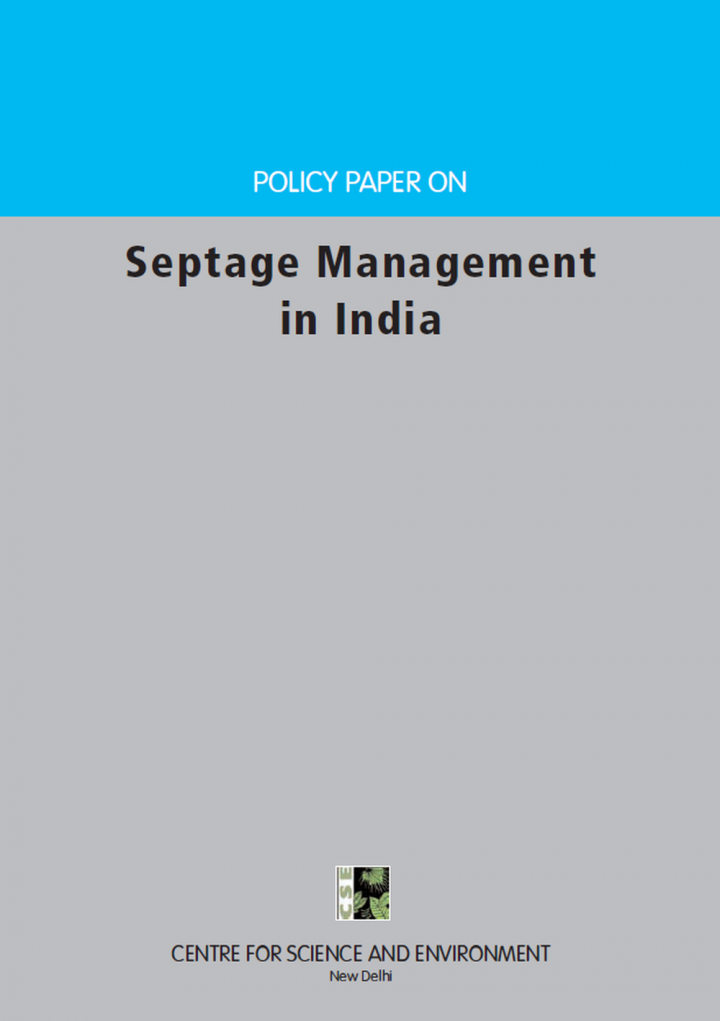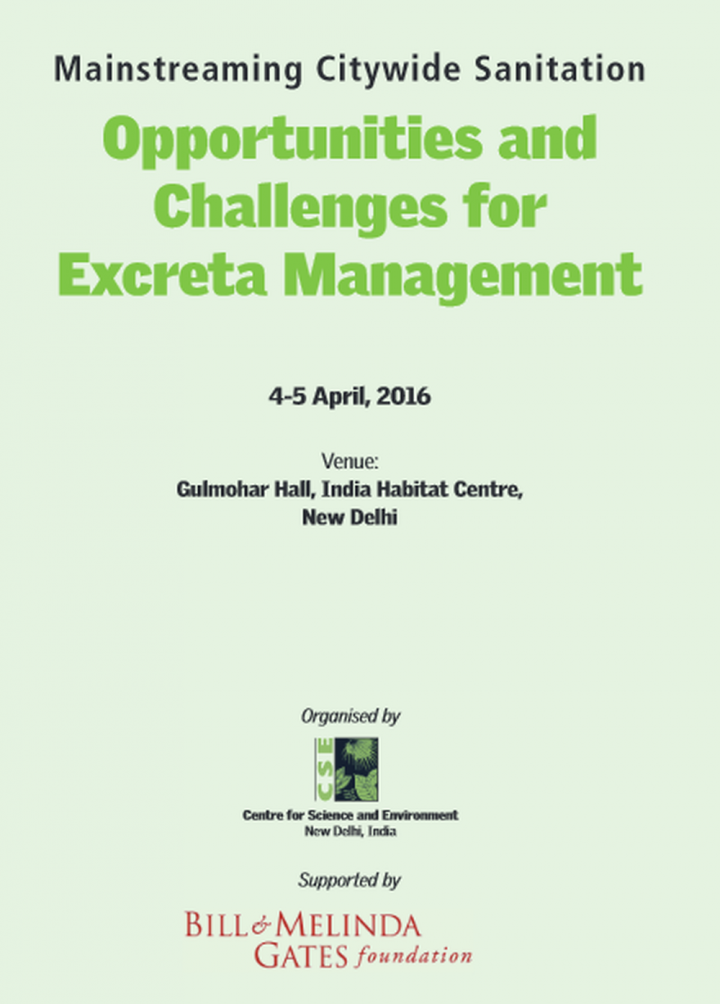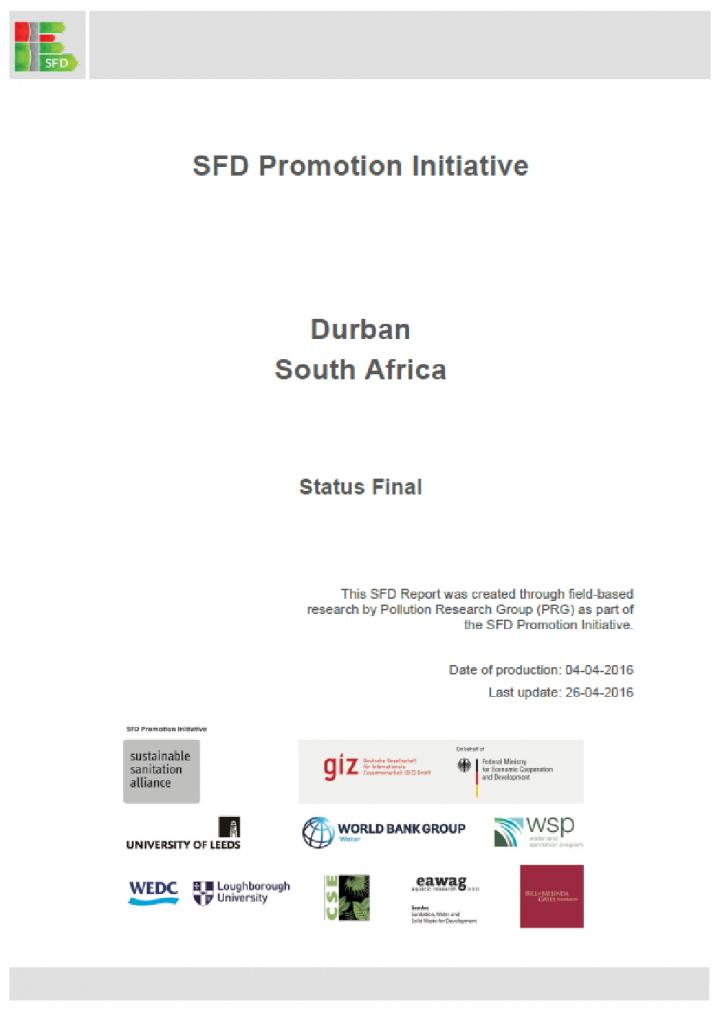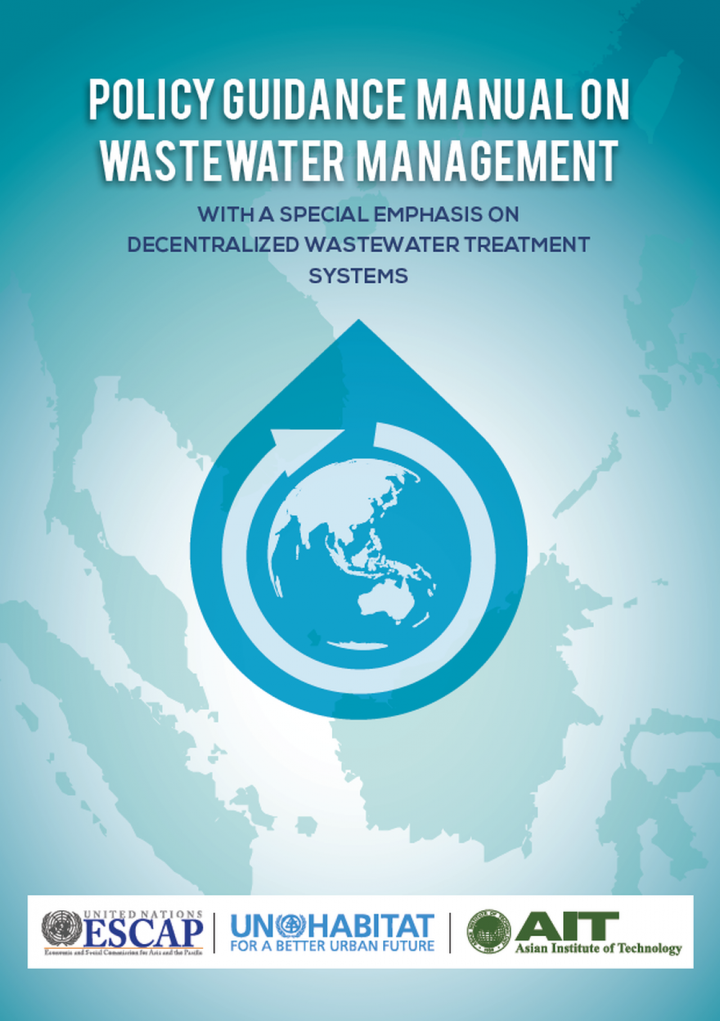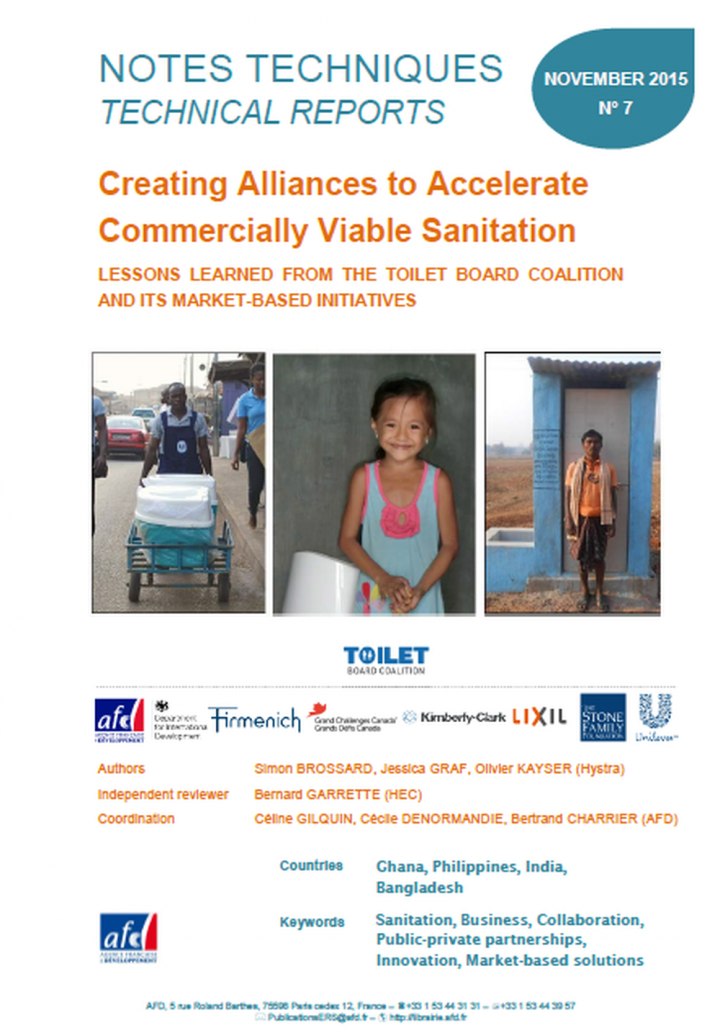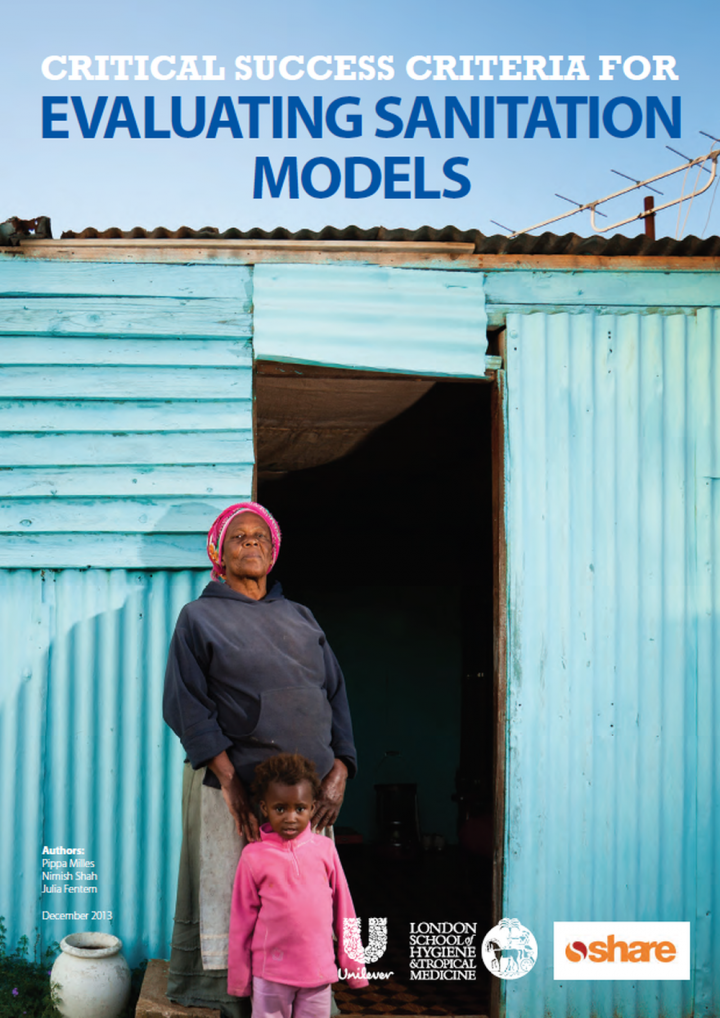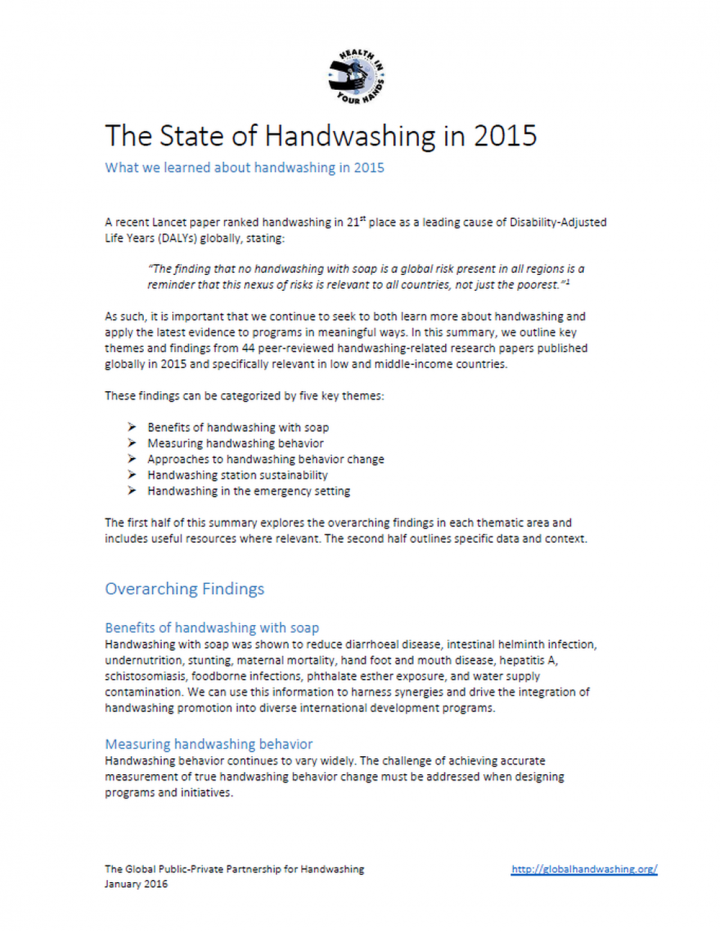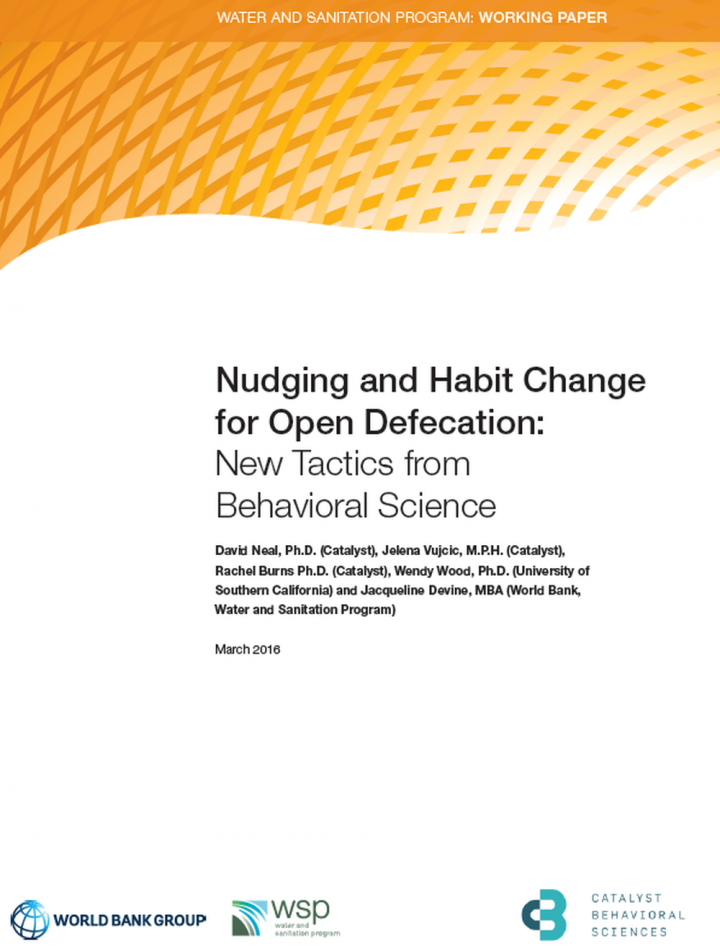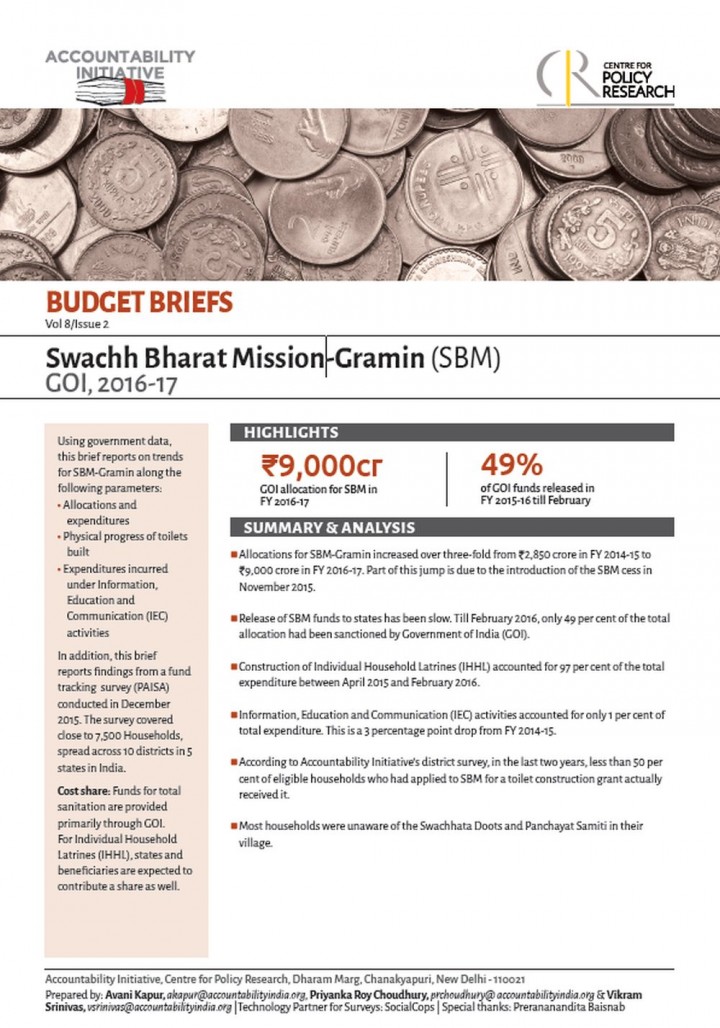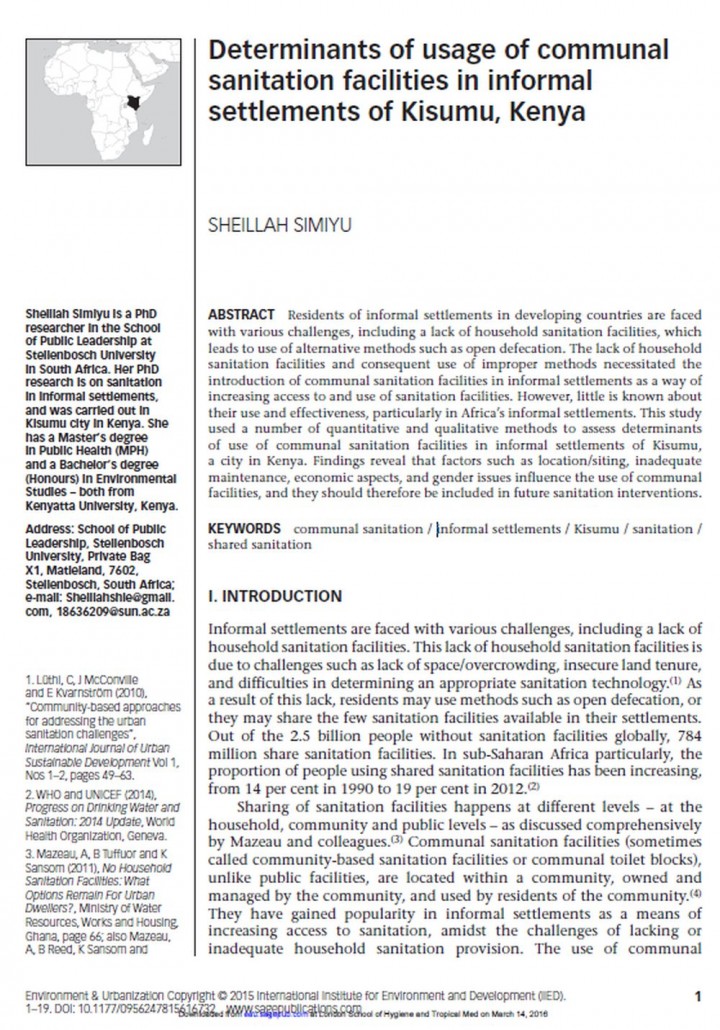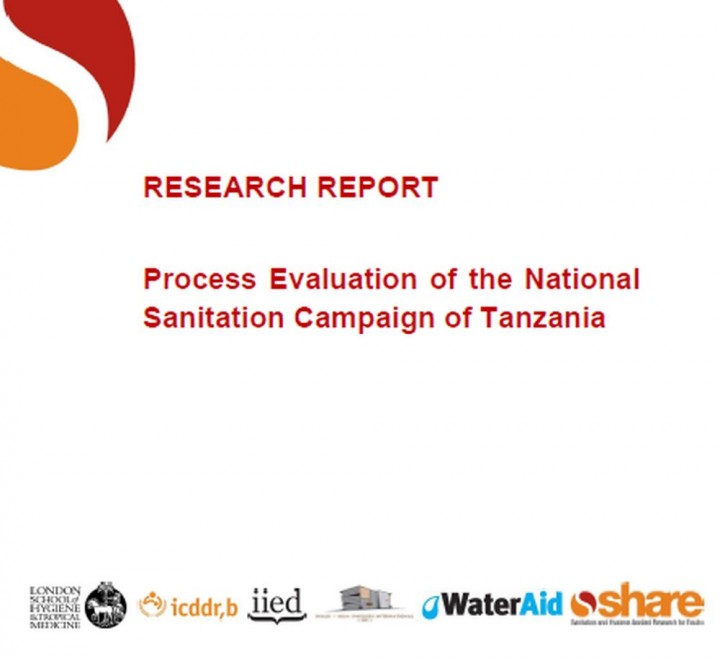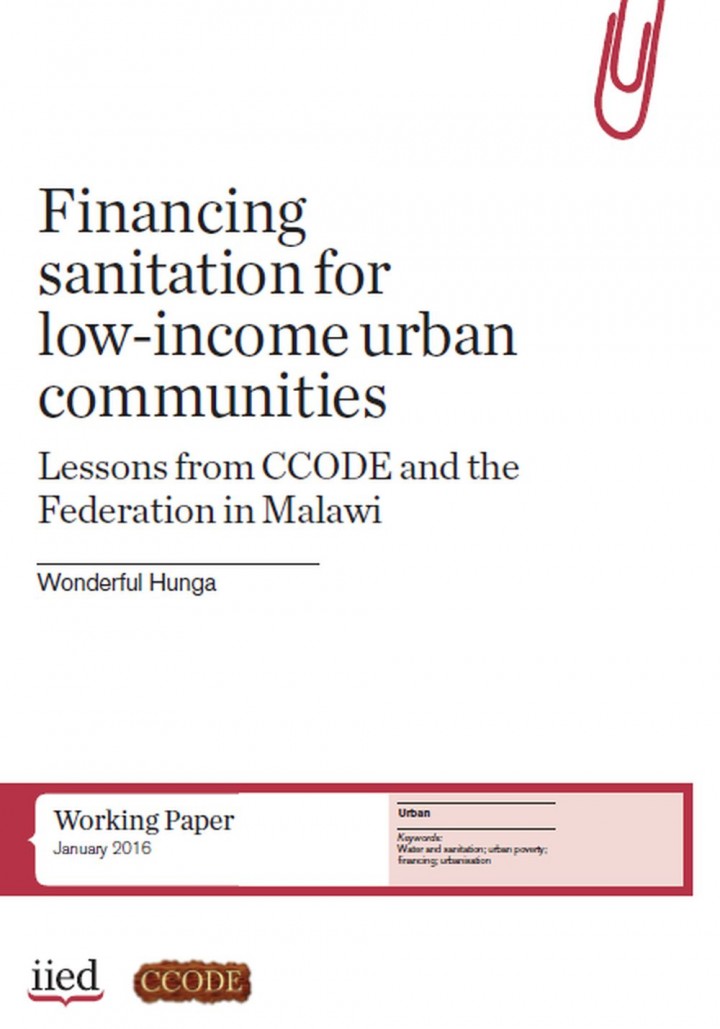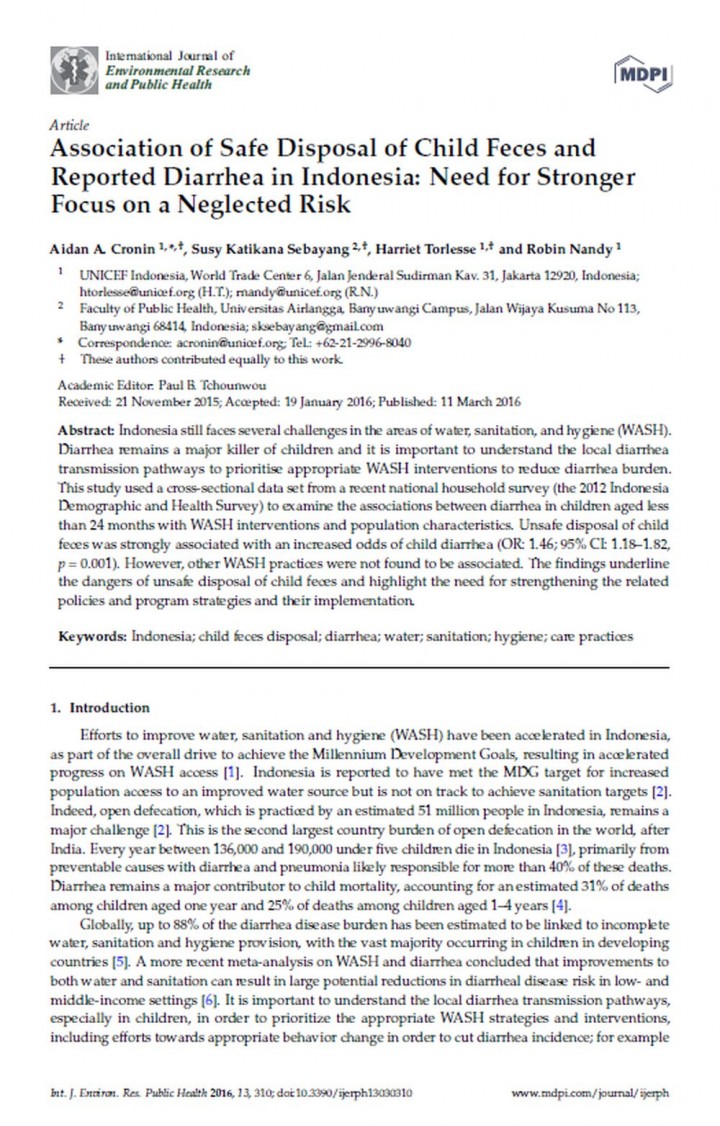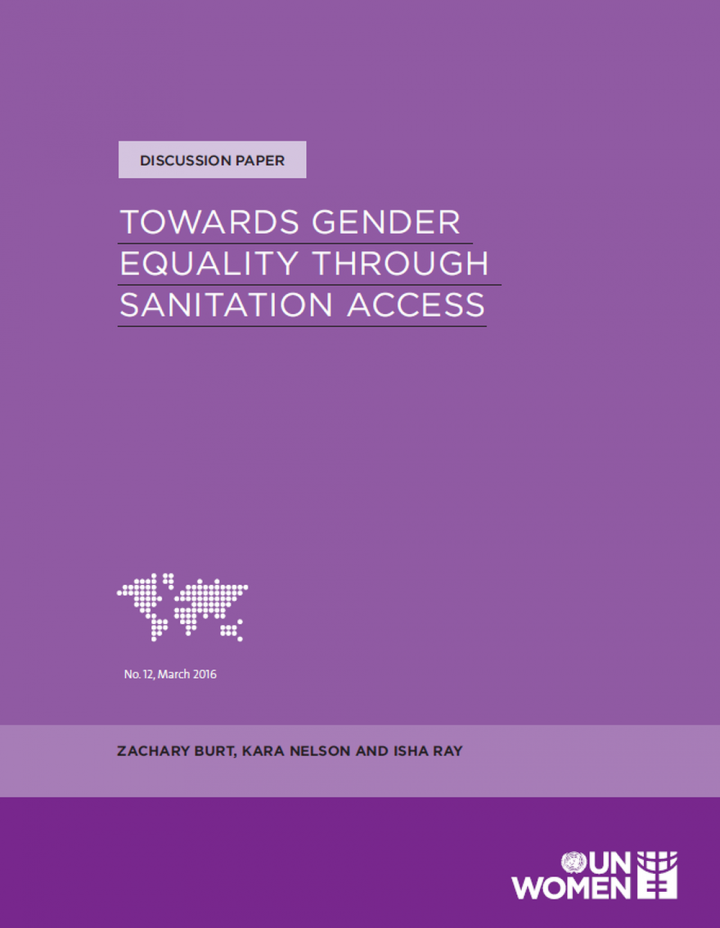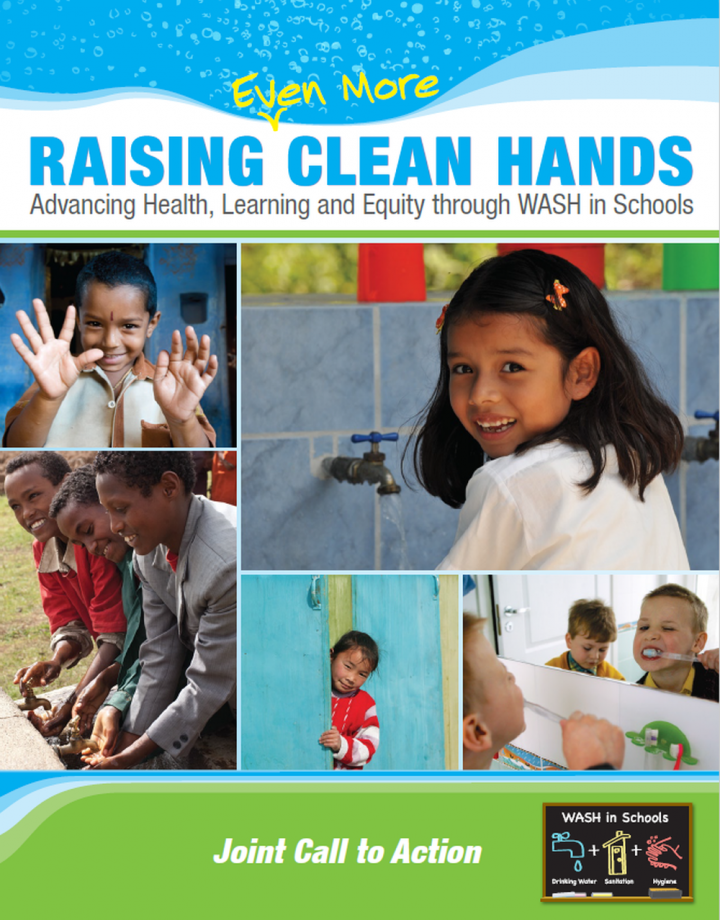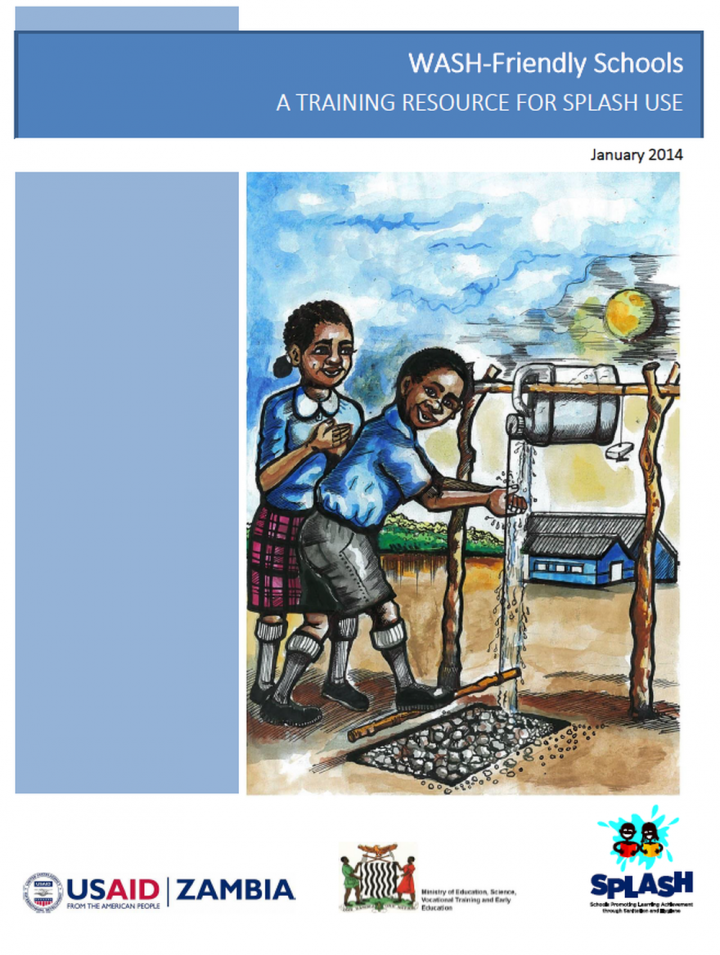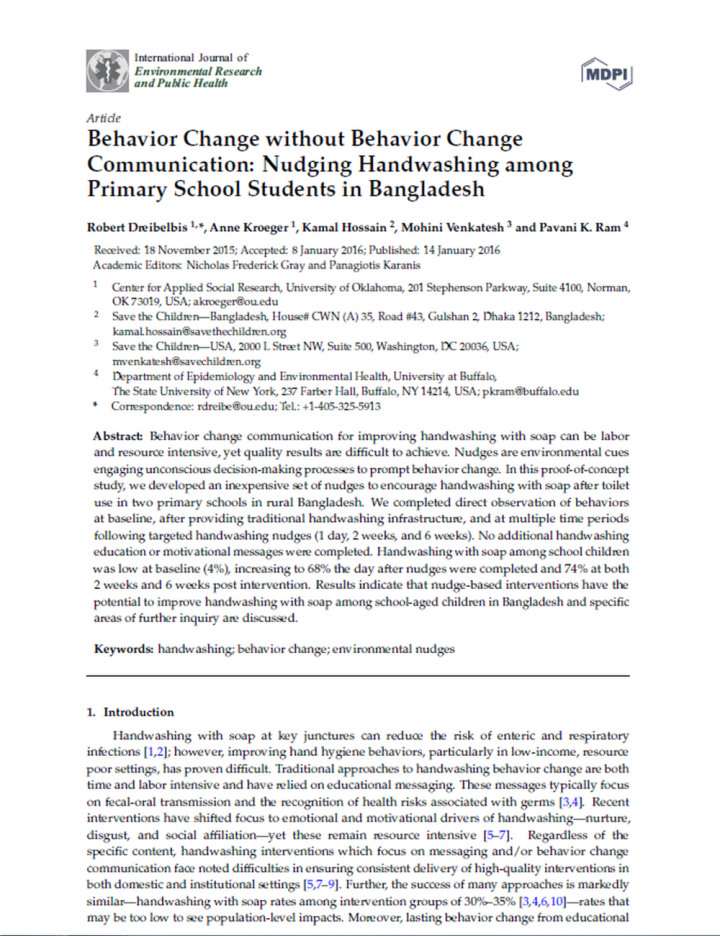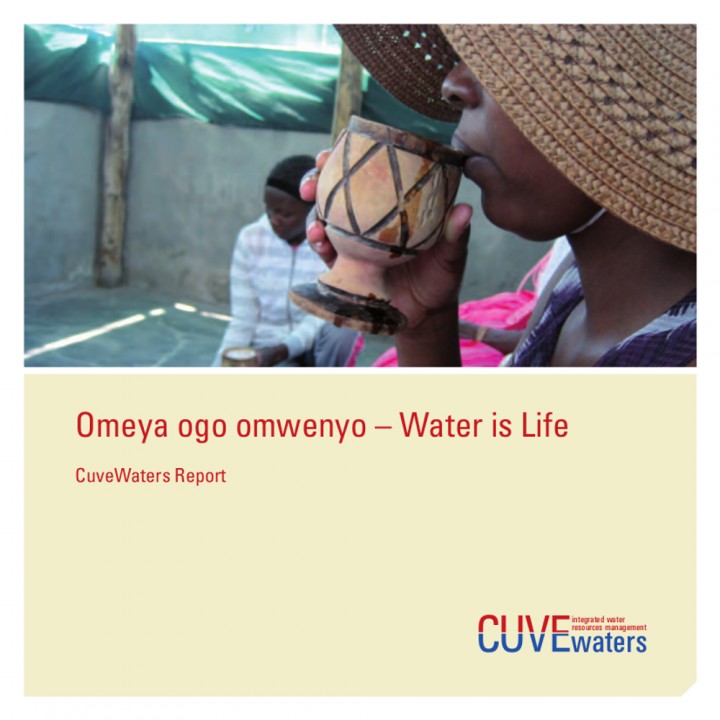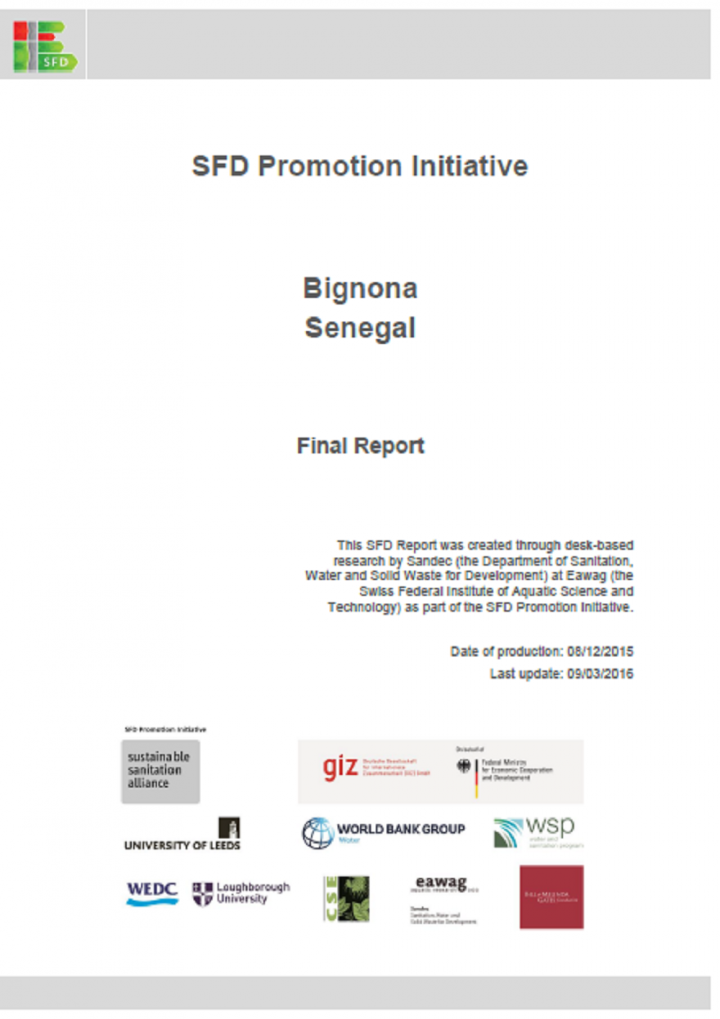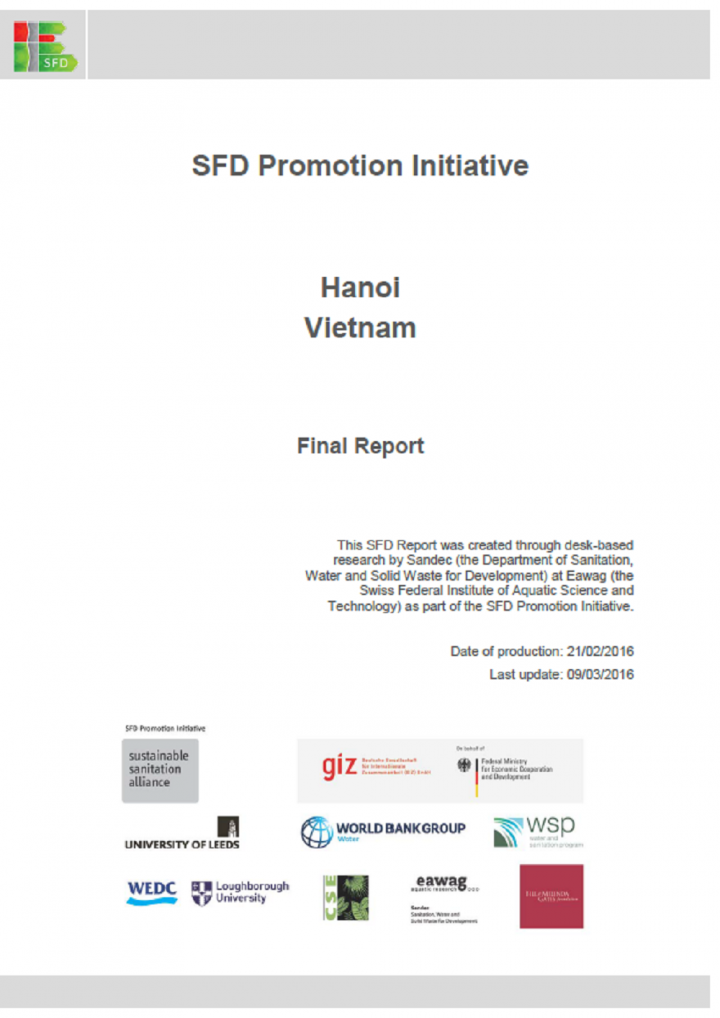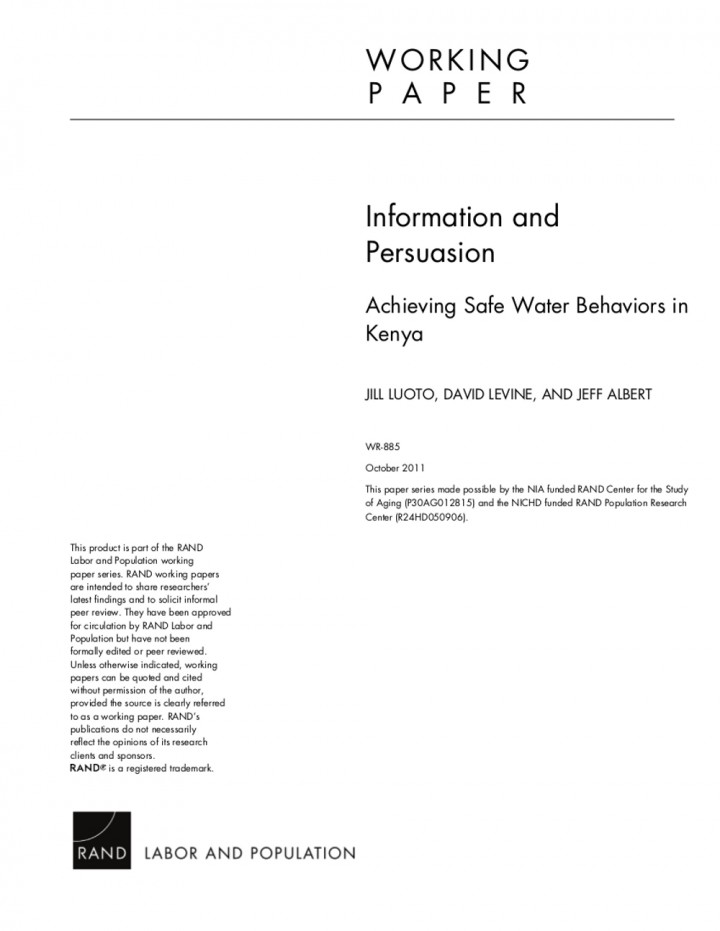Searching for information on Sanitation Workers?
The Sanitation Workers Knowledge + Learning Hub is the best source for all current news, trends, articles and updates on sanitation workers rights around the world.
With fast growing economy and urban population, the waste generation is steeply increasing in India. Due to paucity of resources, the local bodies, which are responsible for management of wastes, are not able to provide this service effectively. According to Centre Pollution Control Board (CPCB) study, out of 38254 MLD of sewage generated in India, the treatment facilities are available for 30% …
The Centre for Science and Environment (CSE) organised a two day workshop on “Mainstreaming Citywide Sanitation: Opportunities and Challenges for Excreta Management” from April 4-5, 2016 in New Delhi. The objective of the workshop was to promote active exchange of experiences of national and international opportunities and challenges in excreta management. The workshop was attended by over …
Besides sanitation, solid waste management plays an important role in improving the hygienic conditions in cities. There are several strong links between sanitation and solid waste management. In sanitation systems without sewers, urine, faecal matter and faecal sludge have to be collected from the single households such as solid waste. Faecal matter as well as sludge from wastewater treatment …
The Policy Guidance Manual on Wastewater Management with a special emphasis on Decentralised Wastewater Treatment Systems (DEWATS) highlights adequate policy and sustainable practices from the South-East Asia (SEA) region and worldwide. The primary objectives of the Policy Guidance Manual on DEWATS for SEA are three-fold:
(a) to guide national and local policy-makers and experts of SEA in …
The past decades have seen a growing appreciation of the role of market-based approaches in driving global development. Many coalitions of public and private players have emerged to promote them. How best to trigger and support these market-based approaches? How to leverage the expertise and resources of diverse members in coalitions? This paper presents insights from the Toilet Board Coalition …
Unilever believes that business has a role to play in solving the global sanitation crisis that leaves 2.5 billion people without access to improved sanitation. In 2012, Unilever convened the Toilet Board, a group of likeminded companies, NGOs and research professionals, with expertise in sanitation and a desire to take immediate action to address this issue. The Toilet Board aims to foster …
The WASH ePaper is an online magazine published at regular intervals in German, English, French and Spanish. Each issue takes a closer look at a current key issue in the water, sanitation and hygiene (WASH) sector and related areas. It also provides updates on forthcoming national and international events, highlights current publications and projects, and reports on news from the sector. The WASH …
A recent Lancet paper ranked handwashing in 21st place as a leading cause of Disability-Adjusted Life Years (DALYs) globally, stating: “The finding that no handwashing with soap is a global risk present in all regions is a reminder that this nexus of risks is relevant to all countries, not just the poorest.”
As such, it is important that we continue to seek to both learn more about …
In this working paper, we draw on basic scientific findings from psychology, cognitive science, and behavioral economics to propose a framework of 8 System 1 Principles to support the initiation and maintenance of OD behavior change. In doing so, we build from the general framework advanced in the World Bank Group’s (2015) World Development Report: Mind, Society, and Behavior, which emphasized …
Increasing population growth leads to increased resource (water, food, chemicals and energy) demand. Concomitantly, increasing volumes of ‘used resources’, commonly considered waste, are produced. There is a growing awareness that the resources that could be potentially recovered from these used streams or wastes represent economic value and should not be lost. One of the greatest challenges …
Using government data, this brief reports on trends for SBM Gramin along the following parameters:
•Allocations and expenditures
•Physical progress of toilets built
•Expenditures incurred under Information, Education and Communication (IEC) activities
In addition, this brief reports findings from a fund tracking survey (PAISA) conducted in December 2015. The survey covered close to …
Residents of informal settlements in developing countries are faced with various challenges, including a lack of household sanitation facilities, which leads to use of alternative methods such as open defecation. The lack of household sanitation facilities and consequent use of improper methods necessitated the introduction of communal sanitation facilities in informal settlements as a way of …
Despite continuous financial efforts to improve the conditions in the country, Tanzania was off track to meet both the MDGs target on water and sanitation and the national MKUKUTA goals. Whilst the country reached a high level of latrine coverage (90%) during the Mtu ni Afya campaign of the 1970s, very little progress has been made since then to move the population up the sanitation ladder, from …
Like many other countries in the Global South, Malawi has failed to meet Millennium Development Goal (MDG) targets to improve access to sanitation. It has been estimated that only 25 percent of the country’s population has gained Access to improved sanitation since 1990 and access to it is a meagre 41 per cent, according to the latest Joint Monitoring Programme (JMP) Report (2015). By utilising …
Indonesia still faces several challenges in the areas of water, sanitation, and hygiene (WASH). Diarrhea remains a major killer of children and it is important to understand the local diarrhea transmission pathways to prioritise appropriate WASH interventions to reduce diarrhea burden. This study used a cross-sectional data set from a recent national household survey (the 2012 Indonesia …
IDS has been working in support of Community-Led Total Sanitation (CLTS) since its beginnings. CLTS has now become an international movement for which IDS is the recognised knowledge hub. The Knowledge Hub is dedicated to understanding the on-the-ground realities of CLTS practice and to learn about, share and promote good practices, ideas and innovations that lead to sustainability and scale. We …
This discussion paper reviews the extensive literature on sanitation to show that inadequate access to this basic service prevents the realization of a range of human rights and of gender equality. We recognize that “dignity” is a highly culture- and gender-specific term; we therefore argue that sanitation for all—sanitation that serves all genders equally—must be designed and planned …
Fulfilling every child’s right to water, sanitation and hygiene education remains a major challenge for policymakers, school administrators and communities in many countries. Although steady progress has been made to safeguard the well-being of schoolchildren, almost half of all schools in low-income countries still lack access to water and sanitation facilities.
The lack of quality data on …
The WASHplus project supports healthy households and communities by creating and delivering interventions that lead to improvements in access, practices, and health outcomes related to water supply, sanitation, and hygiene (WASH) and indoor air pollution (IAP). This five year project (2010-2015), funded through USAID’s Bureau for Global Health (AID-OAA-A-10-00040) and led by FHI 360 in …
Behavior change communication for improving handwashing with soap can be labor and resource intensive, yet quality results are difficult to achieve. Nudges are environmental cues engaging unconscious decision-making processes to prompt behavior change. In this proof-of-concept study, we developed an inexpensive set of nudges to encourage handwashing with soap after toilet use in two primary …
The Cuvelai-Etosha Basin in Namibia is home to approximately 850,000 people – almost half the country’s population. They all need good and healthy water for their daily life, for farming and for sanitation purposes. The Namibian Ministry of Agriculture, Water and Forestry, together with the Institute for Social-Ecological Research and the Technical University Darmstadt in …
Bignona and Tenghory Trans-Gambian are in the region of Casamance, Senegal. The study area is comprised of seven districts (six in Bignona, one is the neighboring district ofTenghory Trans-Gambian in the municipality of Tenghory). These seven districts have a total area of 10.5 km². The population sums up to 44,783 with an annual population growth rate of 2.7%. The average population density is …
Hanoi, the capital of Vietnam, is located in the Northern part of the country in the Red river delta. The urban districts cover an area of 304 km² with an estimated population of 3,147,000 inhabitants. Half of the districts have population densities above 20,000 inhabitants per km² while the other half below 10,000 inhabitants per km². This illustrates the variation between dense urban …
Convincing people to adopt preventive health behaviors consistently is difficult, yet many lives could be saved if we understood better how to do so. For example, low-cost point-of-use (POU) technologies such as chlorine and filters can substantially reduce diarrheal disease (Clasen et al. 2006). Nonetheless, they are not widely or consistently used anywhere in the developing world, even when …

